Georgia in spotlight of great game Foreign flags, local fire
On May 26, Georgia celebrated its Independence Day. Meanwhile, the pro-Western Georgian opposition announced yet another attempt at a “revolution” and clashes in the centre of Tbilisi on Rustaveli Avenue. The Georgian authorities took preventive measures and issued strict warnings about the inadmissibility of violating the law.
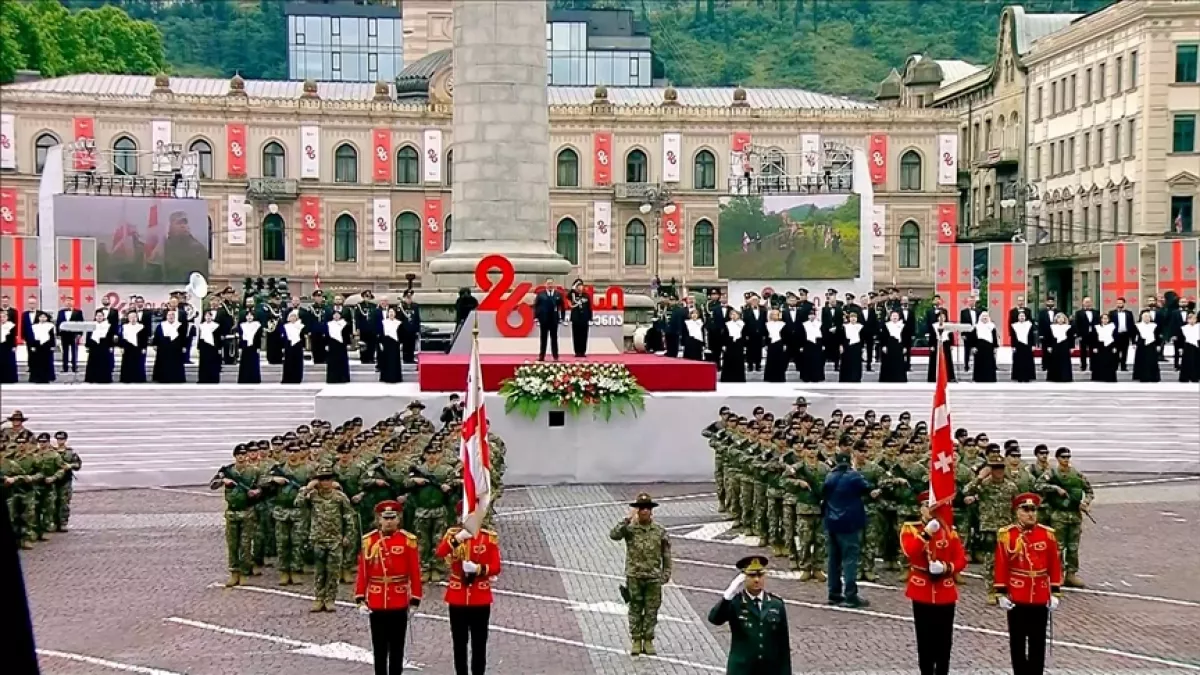
Fortunately, no serious incidents occurred on May 26, 2025. Georgia’s Independence Day clearly demonstrated that while some countries respect Georgia’s national sovereignty, others attempt to impose external conditions that run counter to the country's national interests.
The former group undoubtedly includes Azerbaijan and Türkiye, while the latter comprises France, Poland, and the Baltic states.
A congratulatory letter from Azerbaijani President Ilham Aliyev to Georgian Prime Minister Irakli Kobakhidze was especially symbolic. In his message, Aliyev paid particular attention to the close and fruitful cooperation between the two countries across various fields.
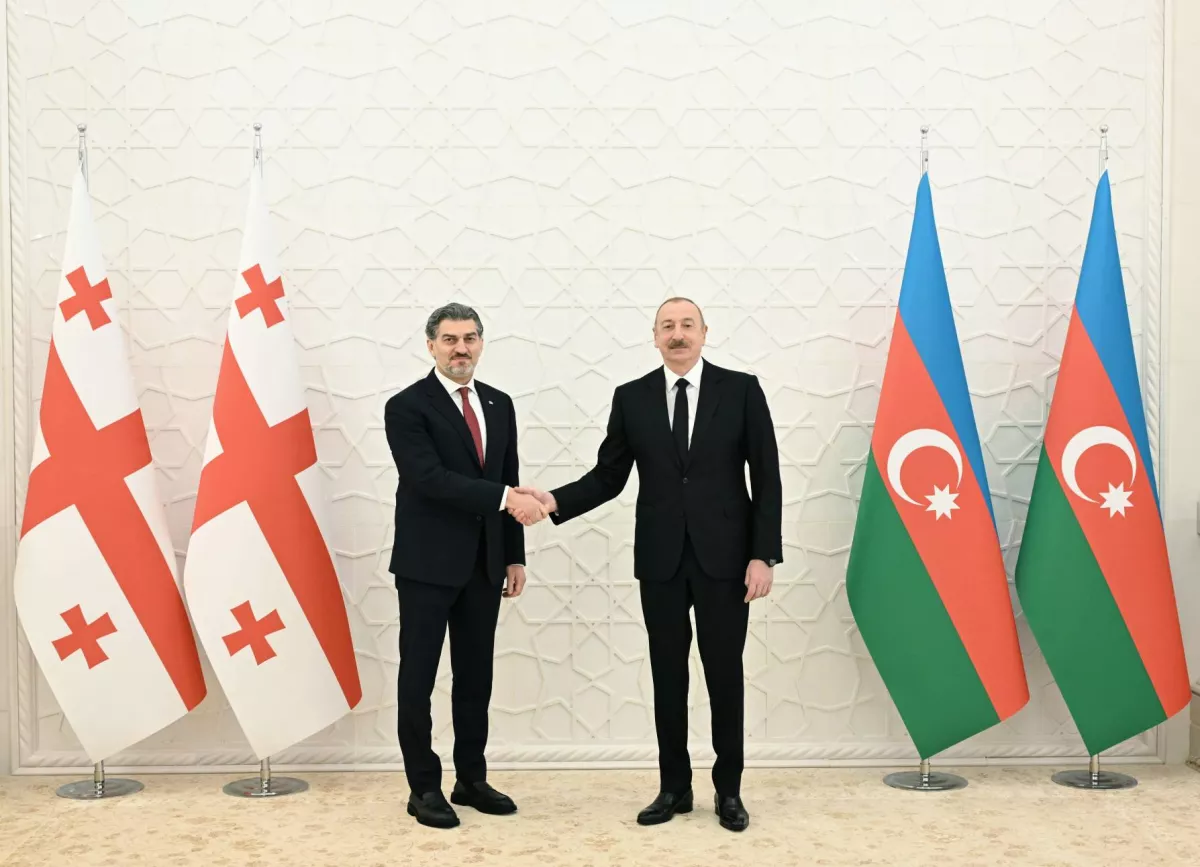
Two days before the official Independence Day celebrations, Georgian Prime Minister Irakli Kobakhidze received congratulations from Turkish President Recep Tayyip Erdoğan. In his letter, Erdoğan emphasised the strategic partnership between the two nations.
Türkiye’s congratulations being sent “in advance” was no coincidence. It served not only as an official gesture but also as a warning to those EU countries that, by supporting the pro-Western opposition in Georgia, were preparing a scenario of destabilisation. Ankara made it clear: it recognises the current Georgian government as legitimate and rejects any external interference as unacceptable.
On the same day, Georgian President Mikheil Kavelashvili was congratulated by Chinese President Xi Jinping, King Charles III of the United Kingdom, King Felipe VI of Spain, and King Willem-Alexander Claus George Ferdinand of the Netherlands.
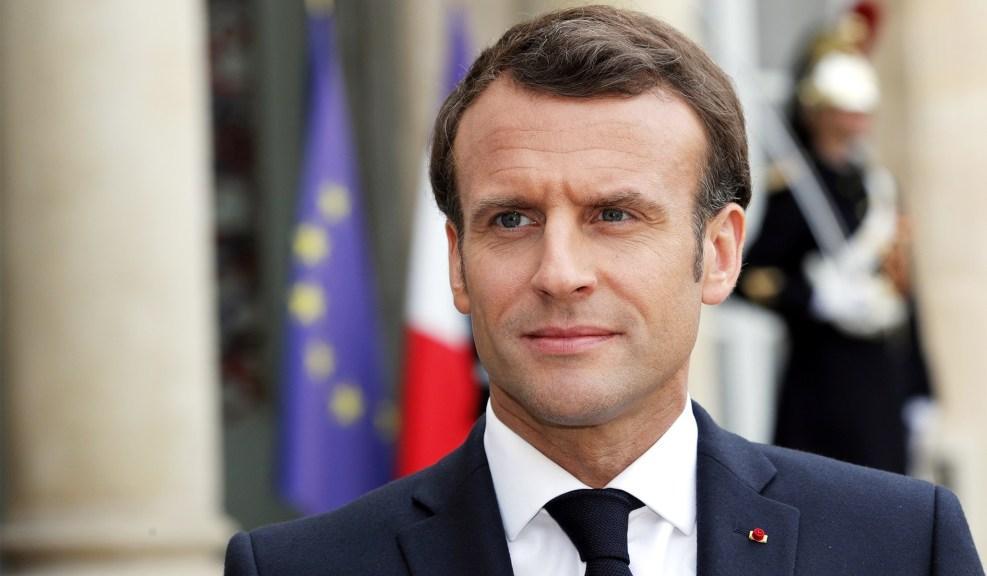
However, external adversaries did not miss the chance to use the holiday as an opportunity to exert pressure. French President Emmanuel Macron, Polish Prime Minister Donald Tusk, and German Chancellor Friedrich Merz issued a statement that, in the spirit of an ultimatum, demanded that the Georgian authorities reconsider their domestic policies:
“On the occasion of the Independence Day of Georgia, we would like to send a message of friendship and solidarity to the Georgian people, and reiterate our unwavering support for the sovereignty and the territorial integrity of Georgia. We support the democratic and European aspirations of the Georgian people. These aspirations reflect a willingness to be part of the European family. We, therefore, condemn all activities of the Georgian authorities resulting in the democratic backsliding and the attacks against civil society, media and government critics. Freedom of expression and of assembly must be upheld. Reports of excessive violence must be investigated. Laws that contradict European standards must be amended and the much-needed reform process must be picked up again. The Georgian authorities need to re-establish a dialogue with opposition and civil society. The people of Georgia should not be deprived of the opportunities associated with the country’s European path,” reads the statement issued on May 26, 2025, drafted at the Élysée Palace.
This statement became yet another interference in Georgia’s internal affairs. Neither Macron nor anyone else has the right to dictate to the Georgian authorities which laws comply with “European standards” and which do not.
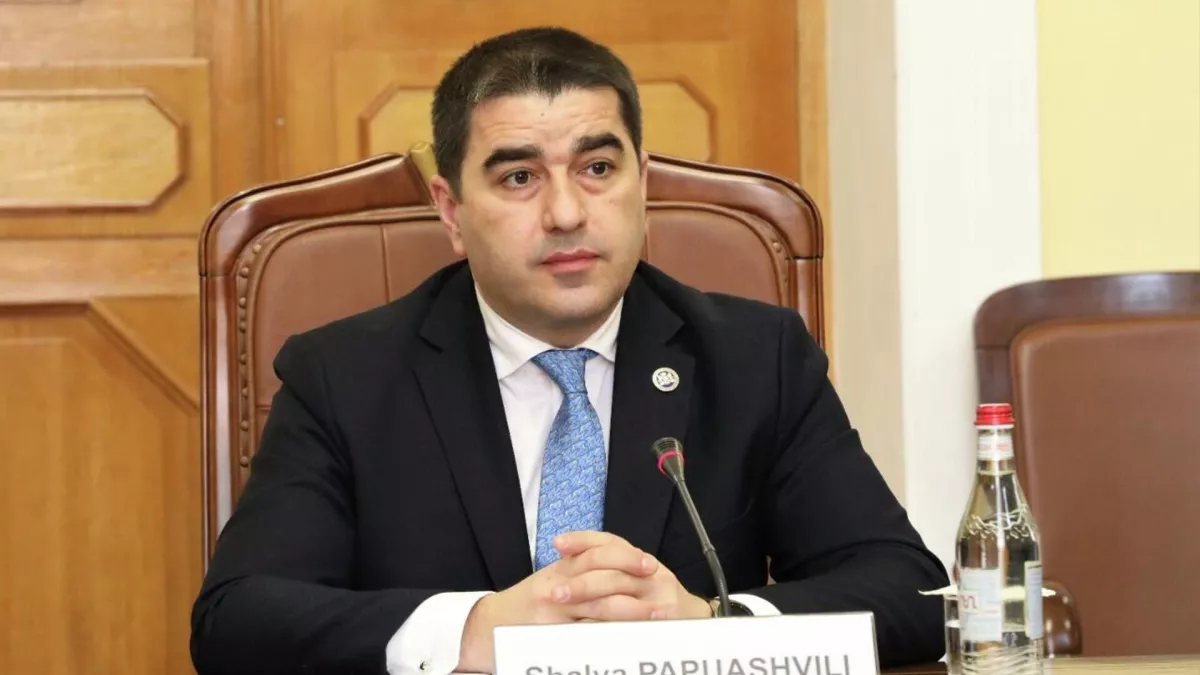
The Speaker of the Georgian Parliament, Shalva Papuashvili, called the statement a “shameful attack on the Georgian people and Georgian state on the day of its national holiday.”
Commenting on reports of possible provocations, Papuashvili noted that the opposition openly spoke about casualties and radicalisation: “The opposition openly talks about casualties and radicalisation. Unfortunately, the experience we have does not allow us to think well of them…”
He also pointed out that organisations funded by the European Union encourage extremism: “We see that organisations funded by the European Union encourage extremism…”
Even before May 26, Amnesty International issued a statement: “Georgia’s authorities must stop violence and intimidation of protestors” — thereby creating an “information cover” for the planned unrest.
Ahead of May 26, 2025, there was also, if not a direct, then an indirect call by Tina Bokuchava to bring children to the centre of Tbilisi — the very place where the opposition planned to provoke riots and violence.
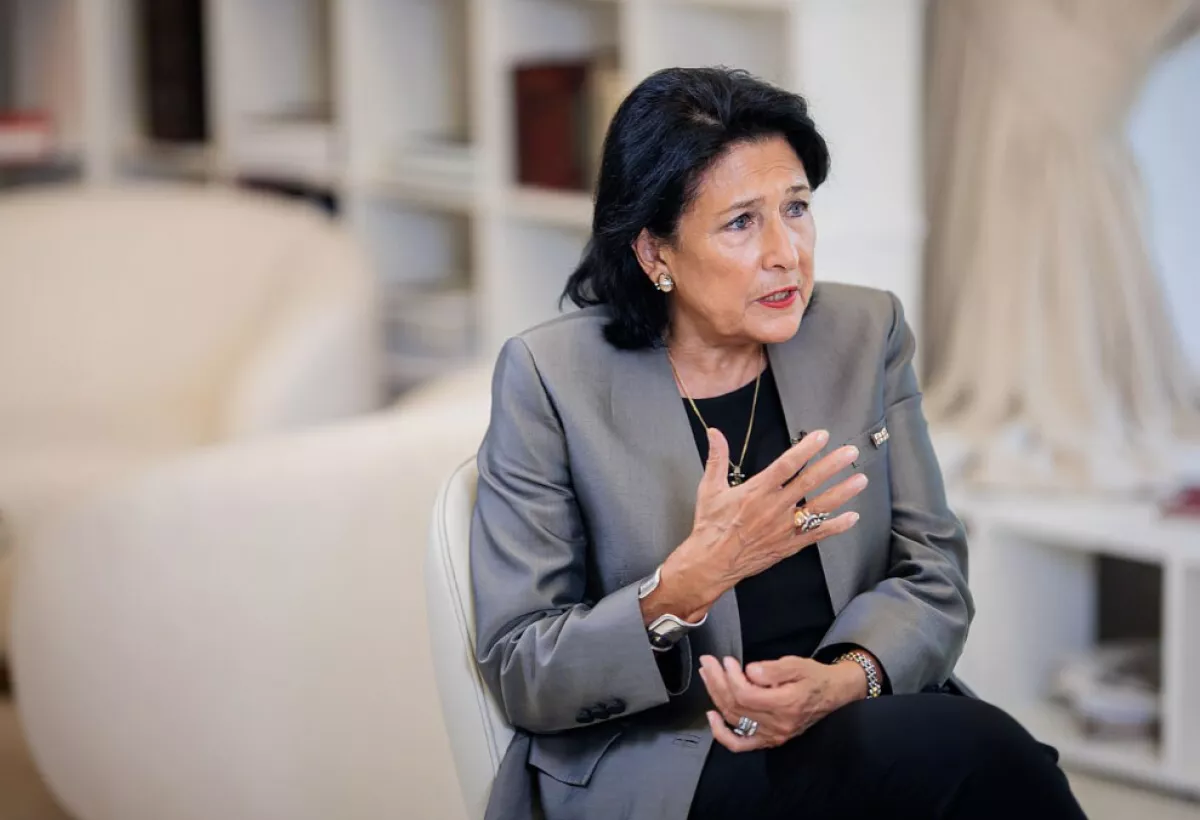
Such tactics have been used before: at the end of 2024, during protests following the parliamentary elections, the opposition tried to involve minors, counting on the shock effect and possible casualties. The then-incumbent president and former French Foreign Ministry official, Salome Zourabichvili, also actively supported this strategy.
The arrest on May 22 of one of the opposition leaders, Zurab Japaridze, known for his provocations, sent a clear signal: the authorities are not willing to give in to radicals or external pressure.

At the last moment, probably recognising the authorities’ resolve, the opposition decided to postpone the “revolutionary scenario.” As a result, May 26 in Tbilisi passed without incident.
However, this is certainly not the end. Georgia remains a key element in the geopolitical equation. Some forces in the West, seeking to destabilise the South Caucasus and create a “second front,” will not abandon attempts to drag the country into chaos. Attacks on Georgian sovereignty, instrumentalised through the pro-Western opposition, NGOs, and media campaigns, will continue.
It is unlikely that Georgia will be left in peace — its place in the current geopolitical configuration is too important. In Paris and Brussels, there are desires to “turn” Georgia away from peaceful development and partnership with neighbouring countries toward war. And a new war in Europe is clearly being prepared.
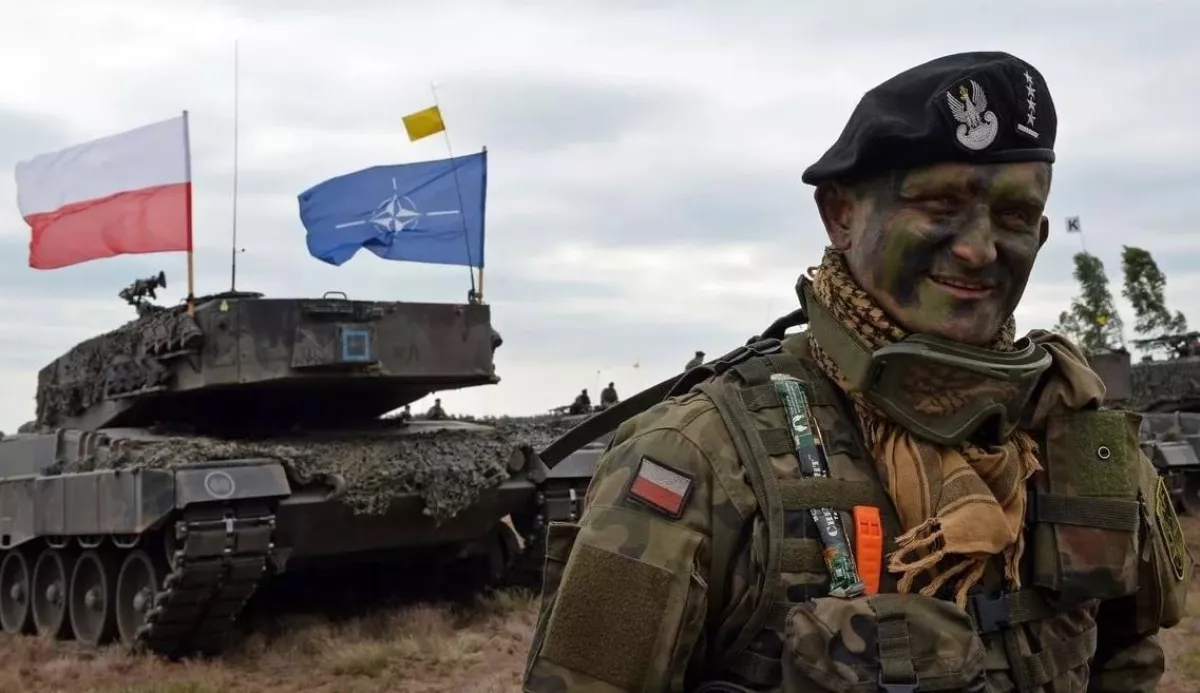
According to recent information, Poland is currently spending more on military needs than war-torn Ukraine. Military preparations are also being carried out by the Baltic states, which have been among the most vocal critics of the Georgian government.
For certain geopolitical actors, the idea of a “second front” in the South Caucasus remains relevant, and the struggle for Georgia is far from over. No matter how marginalised or unpopular the pro-Western opposition becomes among the public, it will continue to be used — through NGOs and certain Western embassies — as a tool in repeated attempts to turn Georgia into a zone of chaos and conflict.
By destabilising Georgia, certain external forces also appear intent on disrupting the Middle Corridor transit route, which runs through the South Caucasus from Asia to Europe and has become a vital factor in the development of the global economy.
Vladimir Tskhvediani, Georgia, exclusively for Caliber.Az








